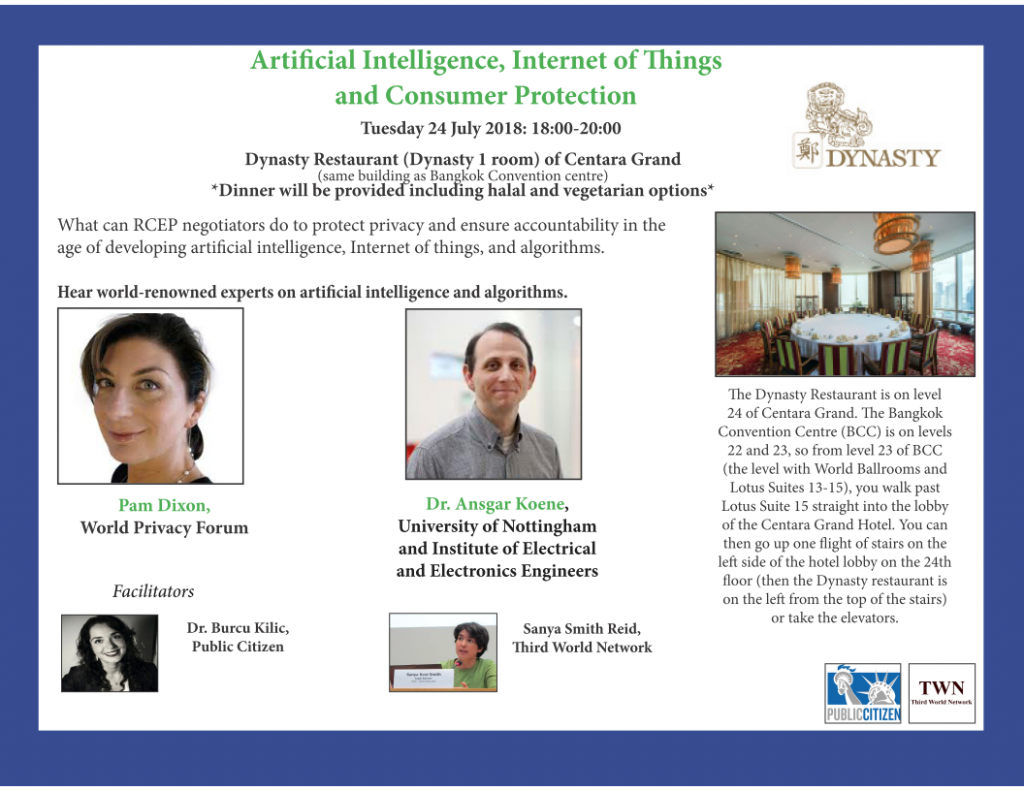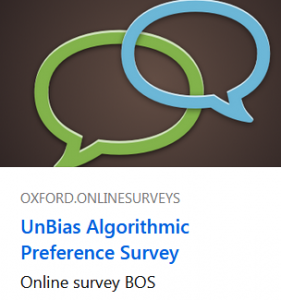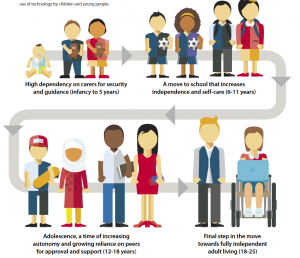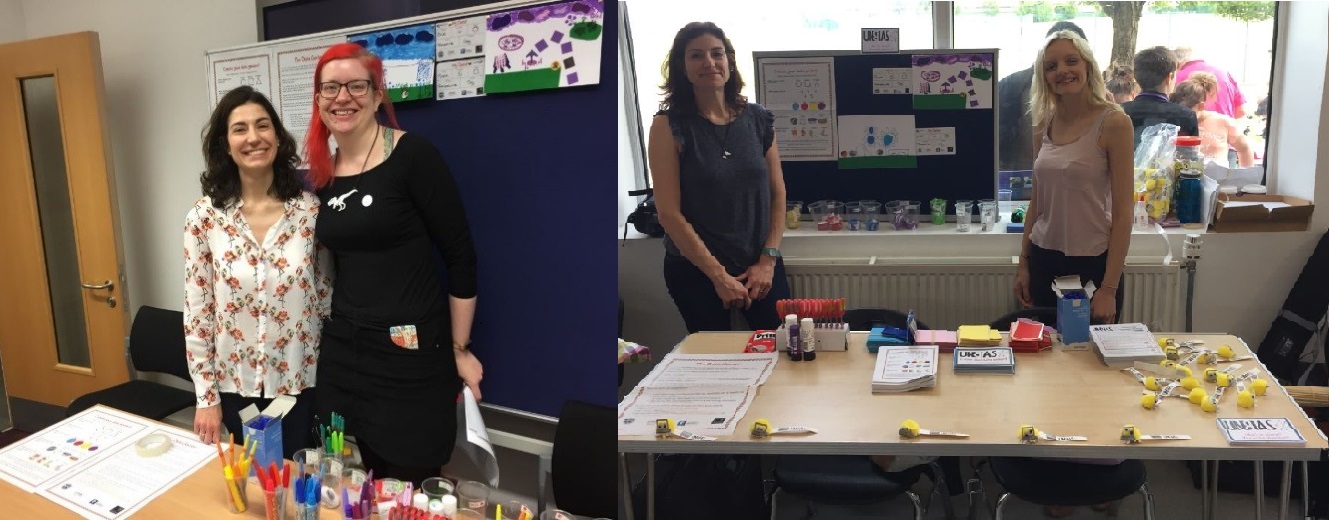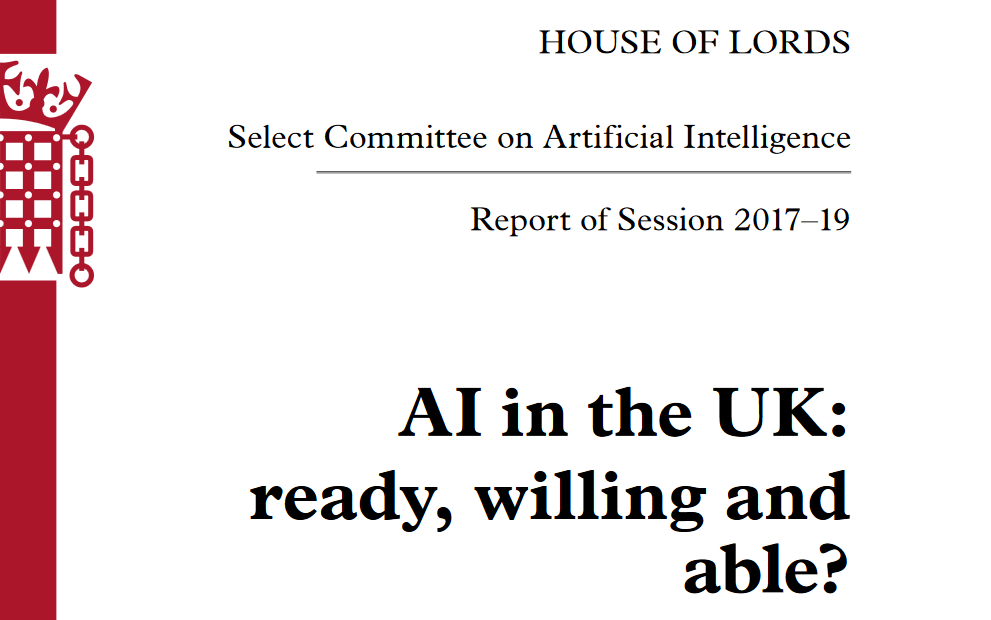On the week-end of June 30th and July 1st, the UnBias team hosted a two-day hackathon at Codebase in Edinburgh, with support from local outfit Product Forge, whose experience organizing such events is unrivalled in Scotland.

 The hackathon challenge was formulated as follows:
The hackathon challenge was formulated as follows:
“Artificial Intelligence shapes digital services that have become central to our everyday lives. Online platforms leverage the power of AI to monetize our attention, with often unethical side-effects: our privacy is routinely breached, our perception of the world is seriously distorted, and we are left with unhealthy addictions to our screens and devices. The deep asymmetry of power between users and service providers, the opacity and unaccountability of the algorithms driving these services, and their exploitation by trolls, bullies and propagandists are serious threats to our well-being in the digital era.

